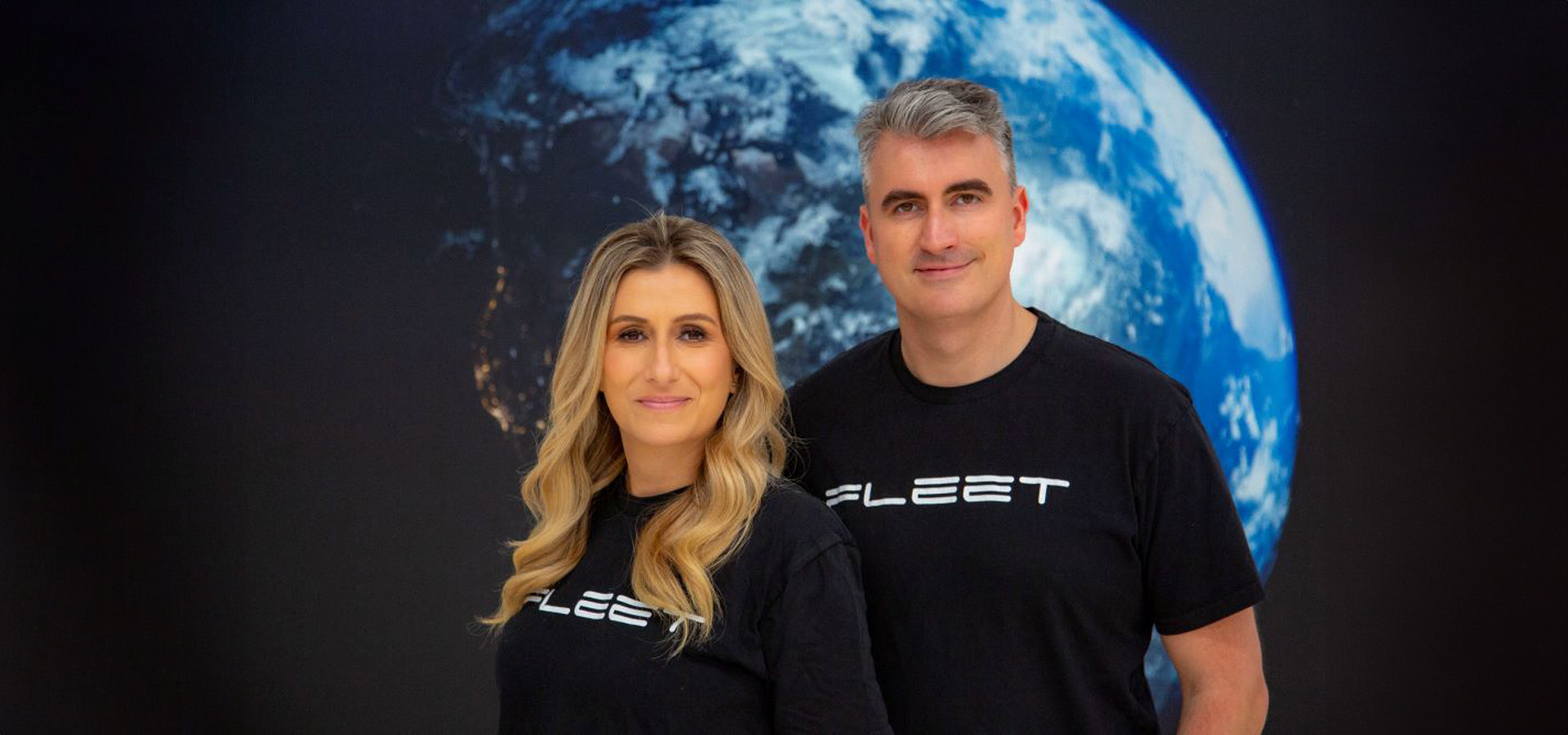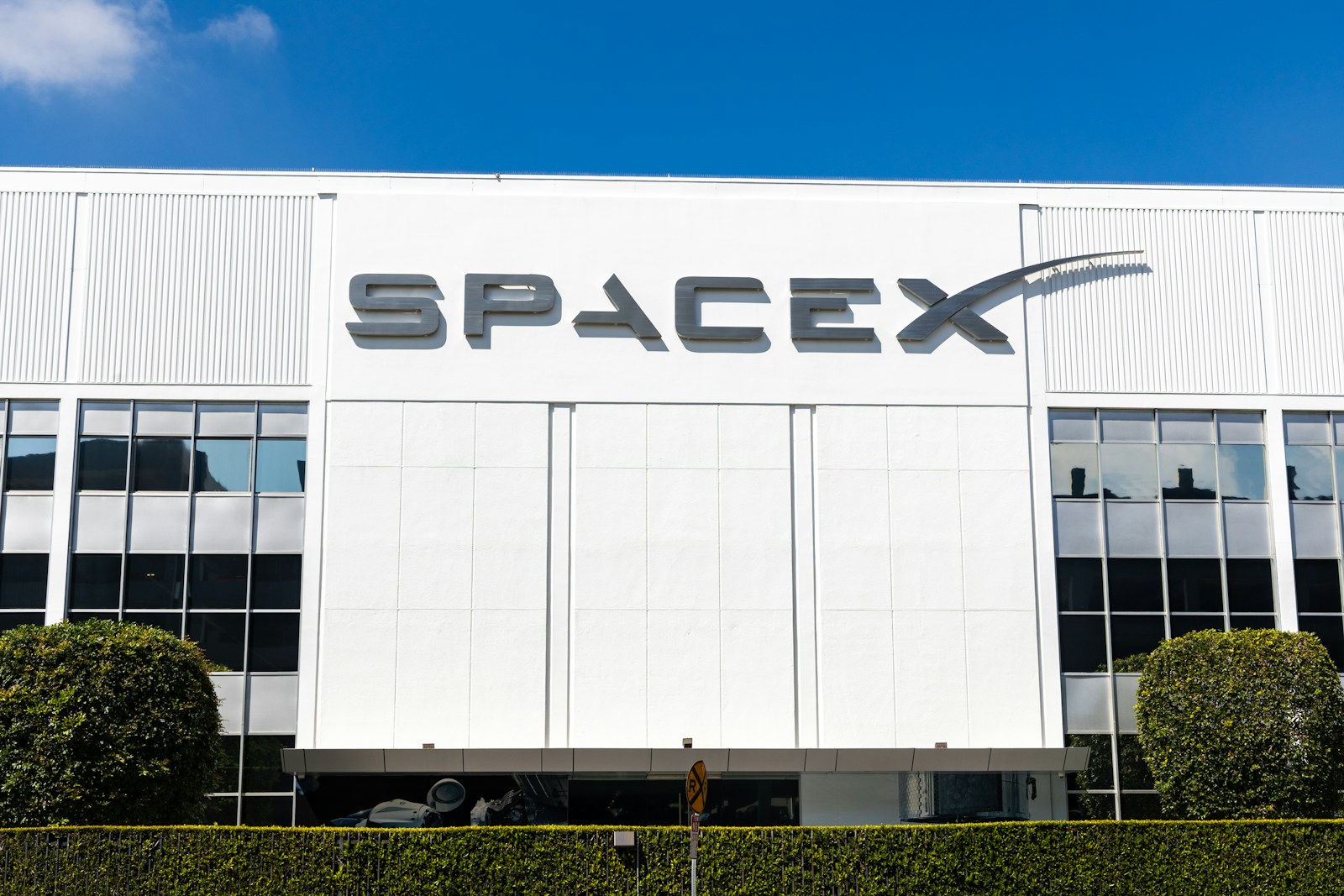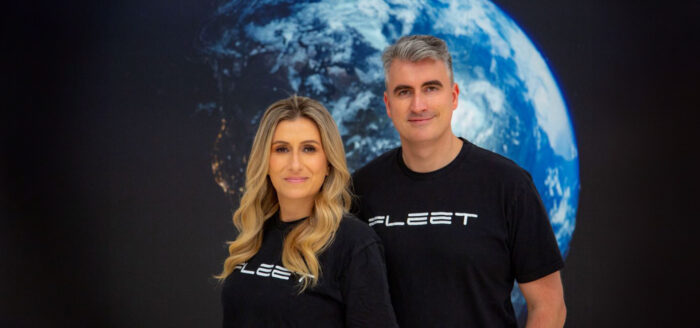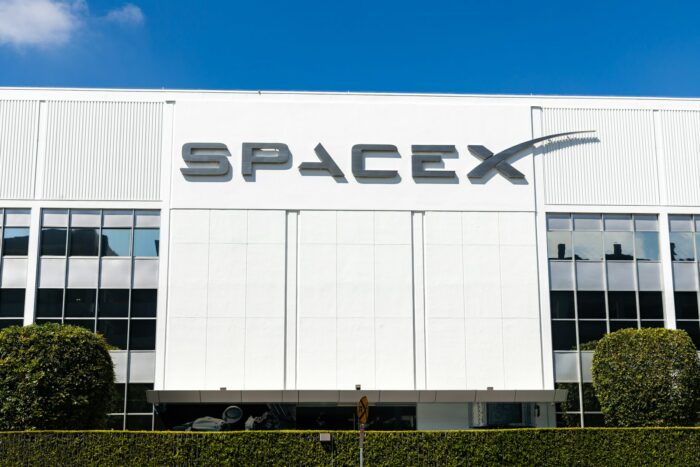Insider Brief:
- Pasqal has announced a major advancement in collaboration with Thales as part of the AQUAPS project.
- The three-year initiative explored how neutral atom architectures can solve optimization problems, specifically focusing on satellite planning.
- The experiment showed that neutral atom quantum computers are well-suited for this type of task due to the natural alignment between the satellite planning problem and the arrangement of atoms in the QPU.
Pasqal, a leader in neutral atom quantum computing, announced a major advancement in collaboration with Thales as part of the AQUAPS project. This three-year initiative explored how neutral atom architectures can solve optimization problems, specifically focusing on satellite planning.
Supported by the Île-de-France region and GENCI, the teams aimed to optimize planning and scheduling for critical systems. Thales relies on these processes for various applications like logistics, air traffic control, industrial automation, resource allocation, and disaster recovery. These tasks are highly complex and traditionally require extensive processing time on classical computers.
Pasqal and Thales used a neutral-atom Quantum Processor Unit (QPU) to tackle these challenges. They explored whether the QPU’s performance could handle problems too large for classical computers. Their efforts paid off when they solved a satellite planning problem using the QPU. The experiment showed that neutral atom quantum computers are well-suited for this type of task due to the natural alignment between the satellite planning problem and the arrangement of atoms in the QPU.
Georges-Olivier Reymond, CEO and Co-founder of Pasqal, expressed pride in the collaboration’s achievements. He discussed the potential for quantum computing to address real-world optimization problems, opening new avenues for the space industry and beyond.
Frédéric Barbaresco, Quantum Algorithms & Computing Segment Leader at Thales, emphasized the project’s role in accelerating the development of space applications described by Thales Alenia Space in the ESA’s Quantum Computing for Earth Observation (QC4EO) study. He also mentioned the possibility of further collaborations with Pasqal to enhance operational implementations.
Share this article:










